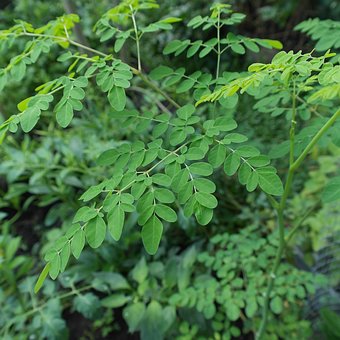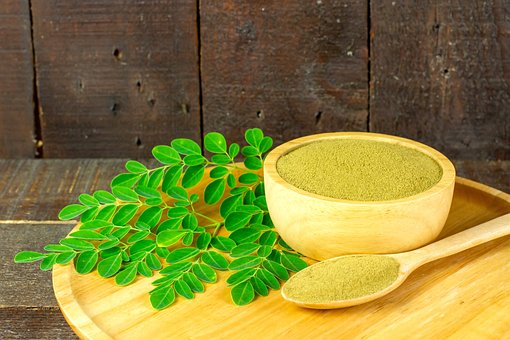Moringa, also known as the “miracle tree,” is a plant that is native to the Himalayas in India but is now grown in many tropical and subtropical regions around the world. It has been used for centuries in traditional medicine and as a food source due to its highly nutritious profile. In recent years, moringa has gained popularity as a dietary supplement and has been touted for its potential health benefits. In this article, we will delve into the nutritional value of moringa and whether or not it is healthy for you.
One of the most notable aspects of moringa is its high nutrient content. It is a rich source of vitamins and minerals, including vitamins A, C, and E, as well as calcium, potassium, and iron. Moringa also contains a range of amino acids, which are the building blocks of proteins. In fact, moringa has been found to contain all nine essential amino acids, making it a complete protein source.
In addition to its high nutrient content, moringa is also a rich source of antioxidants. These compounds help to protect the body from harmful free radicals, which can cause damage to cells and contribute to the development of chronic diseases such as heart disease and cancer. Moringa contains a range of antioxidants, including quercetin, kaempferol, and chlorogenic acid, which have been shown to have anti-inflammatory and anti-cancer properties.
Moringa has been traditionally used for a variety of medicinal purposes, including the treatment of diabetes, high blood pressure, and inflammation. Some studies have found that moringa may have potential health benefits in these areas. For example, one study found that moringa extract was effective at reducing blood sugar levels in diabetic rats, while another study found that it was able to lower blood pressure in humans. However, more research is needed to confirm these findings and to determine the optimal dosages for these potential therapeutic uses.
In addition to its potential medicinal properties, moringa is also sometimes used as a dietary supplement. It is available in a variety of forms, including capsules, powders, and tea. Moringa is often marketed as a superfood and is claimed to have a range of health benefits, including improving energy levels, boosting the immune system, and aiding in weight loss. However, there is limited scientific evidence to support these claims, and more research is needed to determine the effectiveness of moringa as a dietary supplement.
Despite its many potential health benefits, it is important to note that moringa is not a magic bullet. As with any dietary supplement, it is important to use it in moderation and to speak with a healthcare provider before adding it to your diet. It is also worth noting that moringa can interact with certain medications, so it is important to discuss the use of moringa with a healthcare provider if you are currently taking any medications.
In conclusion, moringa is a highly nutritious plant that is rich in vitamins, minerals, and antioxidants. It has a long history of use in traditional medicine and as a food source, and some studies have found that it may have potential health benefits in the treatment of diabetes, high blood pressure, and inflammation. However, more research is needed to confirm these findings and to determine the optimal dosages for these potential therapeutic uses. Moringa is also sometimes used as a dietary supplement, but there is limited scientific evidence to support its effectiveness in this role. It is important to use moringa in moderation and to speak with a healthcare provider before adding it to your diet.

 Home
Home Health
Health Diet & Nutrition
Diet & Nutrition Living Well
Living Well More
More












